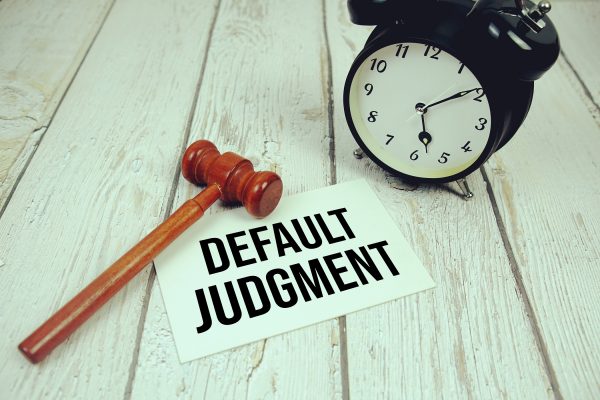Whilst there is no explicit legal requirement for a service and repair garage to take a customer’s address before undertaking repairs on their vehicle, in practice it’s advisable. The same applies when a vehicle is being sold.
What happens if you’ve carried out repairs and the vehicle is left on your premises, but you have no address for the owner? Or what if a vehicle is purchased and not collected? (Yep… it happens!).
If you seek legal advice to resolve the matter, we’re going to ask for contact details. A Torts (Interference with Goods) Act 1977 notice or court proceedings requires a postal address.
So, whilst we don’t want any of our members to be in the above position, it’s worth spending a couple of minutes taking your customer’s address and verifying it. Ask for a postcode and house number, check against the V5C where available, and note a phone number and email.
If you’ve had this happen, our Lawgistics legal team can guide you through issuing a Torts notice or, if needed, court action via Lawgistics Litigation for the Motor Trade.

Our dealers use us to help them be more Efficient and Profitable!
You can use our Dealer and Lead Management software to integrate all dealership departments, both online and physical ; providing all in-house functions; Invoicing, Stock Management, Accounting and Marketing as well as interfacing for advertising, ecommerce and more.








